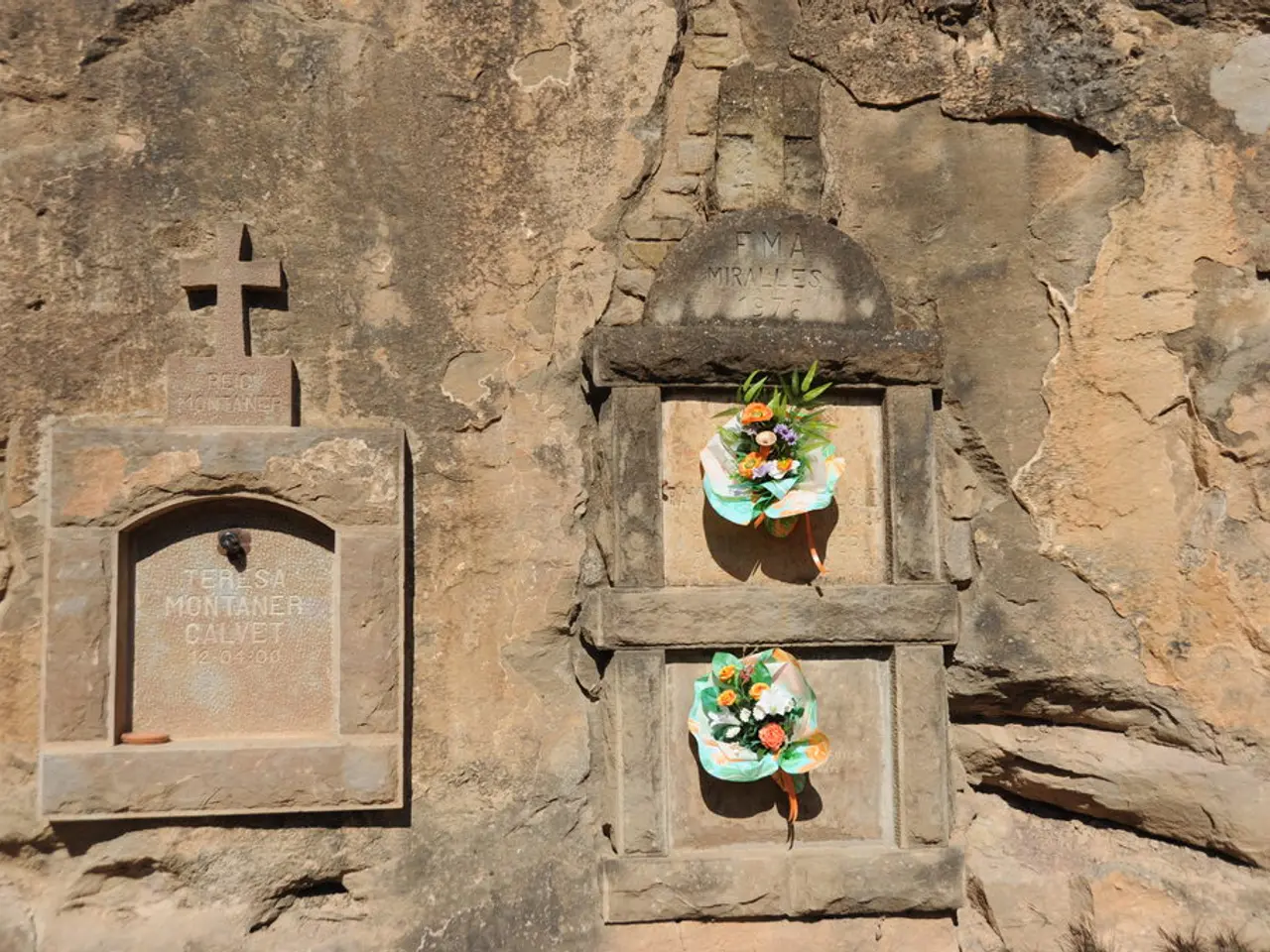Transformation and Recollections: The Impact of Migration on Crafted Tales and Cultural Narratives
In a world increasingly shaped by migration, cultural stories and identities are undergoing a dynamic transformation. This transformation is characterised by a blend of evolution, memory, storytelling, genealogy, globalisation, cultural ambassadorship, and the preservation of cultural stories.
Migration, by its very nature, necessitates adaptation to new cultural, social, and economic realities. This process, often challenging, leads to a redefinition of personal and collective identities. For many, particularly refugees, this involves navigating acculturative stress - the tension that arises from balancing new cultural norms with heritage identity.
One of the most powerful means through which migrants preserve their cultural heritage is storytelling. By sharing narratives of their homeland, migrants not only preserve memories but also integrate new experiences. These stories, which may evolve over generations, serve as a vital tool for passing down cultural values and traditions.
The study of genealogy, or family ancestries and histories, offers insights into the interconnectedness of global cultures through migration. Separation of families and communities across borders can lead to a sense of disconnection from ancestral heritage, while new connections may foster a sense of belonging in the host country.
Globalisation, with its transnational ties and networks, influences migration by allowing migrants to maintain connections with their countries of origin. This can enhance the preservation of cultural stories and promote cultural exchange.
Migrants often act as cultural ambassadors, sharing their cultural narratives abroad and promoting cross-cultural understanding. This role can contribute to the shaping of national identity from a diasporic perspective.
The preservation of cultural stories is crucial for maintaining cultural continuity. Migrants may engage in efforts to document and transmit cultural heritage to future generations, often through community events and cultural practices.
In conclusion, migration transforms cultural stories and identities by introducing new influences, challenging traditional narratives, and fostering transnational connections. This process involves both the evolution of personal identity and the preservation of cultural heritage, with migrants playing a vital role as cultural ambassadors.
From folktales that reflect diverse landscapes and social contexts, to traditional festivals and customs that preserve cultural roots, migration enriches the cultural tapestry of societies worldwide. It serves as a catalyst for cultural change, reshaping and resharing stories at a rapid pace in our increasingly globalised world.
- The merging of family history and storytelling becomes especially significant for migrants, as they use these tools to maintain connections to their cultural heritage and integrate new experiences.
- Exhibitions that highlight the political and social aspects of migration, and the preservation of cultural heritage, can be instrumental in fostering cultural understanding and dialogue in general-news discussions.
- As migrants engage in the documentation of cultural heritage, they contribute to growing bodies of research that help us understand the impact of migration on cultural diversity and identity, both within the host country and across different nations.








